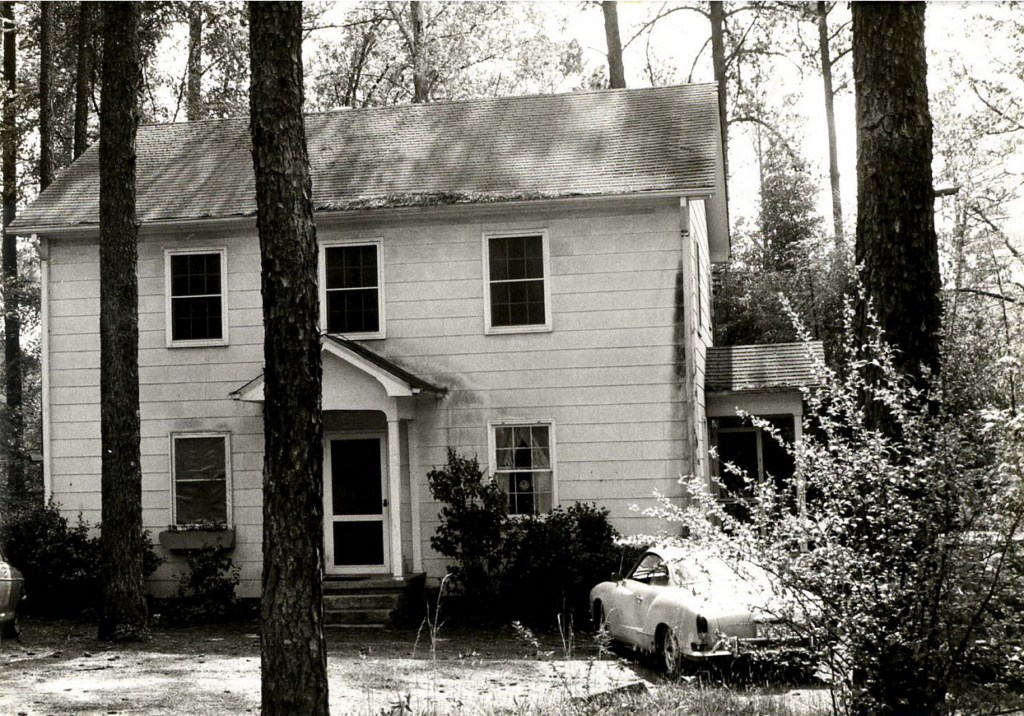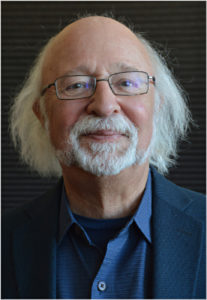Building a Professional Practice
Master’s Musings, March 2022
Many of you in the FCEA have no interest in making your living as professional astrologers. A lot of you are here for reasons of simple interest or personal growth. That’s fine – everyone is welcome. But one thing is nearly 100% sure – as word gets out among your friends that you are studying astrology, some of them are going to ask you to have a look at their charts. Before you know it and without even intending it, pretty soon you are at least practicing astrology at a professional level – regardless of whether any money is changing hands.
Where will that process eventually lead? Who knows?
It’s easy to say that the choice is yours, and that is mostly true. But it’s not really quite that simple. As you master evolutionary astrology, you begin to have a kind of spiritual superpower. And with that power comes certain ethical imperatives. If someone is drowning and you are the only person who can swim…well, you see where this is going.
The first time I ever accepted money for an astrological reading was in the summer of 1973. I was 24 years old. A friend was at a turning point in a relationship and asked me to have a look at her chart. I’d been studying astrology as a hobby for about seven years at that point, and had learned the rudiments from a potpourri of mostly-contradictory and generally pretty depressing books. Naturally I had already looked at the charts of many friends and even “sat with them.” But getting paid for it? The whole idea made me nervous. But I did that session with my troubled friend, and she was moved and helped by it, and so she insisted on giving me some money in exchange. I think it was ten dollars – and even though I argued that it was not necessary, I soon enough realized that getting paid in fact was necessary.
It wasn’t about paying the bills. The exchange of money completed a kind of energetic circle and allowed both she and me to release any entanglements of imbalance that might have otherwise arisen and instead just bask in the goodness of the experience.
 Wheels turned. Four years later, I cut my ties to any semblance of a conventional career and embarked on being a full-time astrologer. I’ve told that story before, so I won’t repeat it here. Suffice to say that I now had to do a certain number of paid readings per week to keep the famous wolf from the door. I had crossed the line into becoming a professional astrologer and I needed to pay some attention to the practical matter of building my practice.
Wheels turned. Four years later, I cut my ties to any semblance of a conventional career and embarked on being a full-time astrologer. I’ve told that story before, so I won’t repeat it here. Suffice to say that I now had to do a certain number of paid readings per week to keep the famous wolf from the door. I had crossed the line into becoming a professional astrologer and I needed to pay some attention to the practical matter of building my practice.
Only a few times in my life have my inner guides actually spoken plain English in my mind, planting a specific sentence there. This was one of those times. I found the words “say yes to everything” having somehow taken root in my thoughts. I knew what those words meant too – whenever any chance arose anywhere for me to be public about my work, I needed to take advantage of it. Once, for example, I drove 150 miles to speak for free in a bookstore for seven or eight people. That’s the kind of behavior my angels advised. At first I took it to be savvy marketing advice. And it was. But only later did I realize their advice had another dimension to it.
Every time I spoke about astrology, whether it was privately to a client or publicly to a “horde” of seven people, I was moving closer to finding my voice. And, really, in the end, that is what building a practice is all about.
During that whole period, I was living in Chapel Hill, North Carolina, the town where I went to college. All together, I lived there for a little over forty years. By 1984, The Inner Sky had come out and I really could have made my home pretty much anywhere I chose. But I loved Chapel Hill and my community of friends and clients there. I still wasn’t making a whole lot of money, but I was getting by. Here’s a photo of the house where I lived. I had the upstairs apartment.

This is where I wrote The Inner Sky and The Changing Sky, right behind that middle upstairs window.
Reflecting back on those days, I do think that staying in one place as I did actually helped me build my practice. That’s because there’s no advertising as effective as simple word-of-mouth buzz, and it simply takes time for that famous “Holy Grail” of marketing to reach critical mass. After forty years in Chapel Hill, I almost felt as if I could have run for mayor. It seemed as if I had done astrological sessions with half the population – a big exaggeration of course, but it makes the point. In building a practice, there are big advantages to staying in one place. Word gets around about your work.
Nowadays, the Internet and Zoom have changed the playing field for aspiring professional astrologers. The benefits of remaining in one place long enough to become part of the woodwork are not as stark as they once were. There are “wandering astrologers” whose practices basically exist in cyberspace. That works too! And maybe it suits your desires and your disposition better than putting down deep roots in a single community. If so, go for it. Still, when it comes to soul-counseling, there is something unique about eye to eye human contact.
A deep, almost familial, bond can develop between astrologer and client, and the precious word-of-mouth advertising that results from it still probably functions most effectively among networks of people concentrated in a single geographic location. If someone hears your name in a positive light, that’s a good thing – but if that same person hears your name independently from six different friends, that’s pure gold. On top of that at a less tangible level, there’s much to be said spiritually for serving a single community over the years, and there are advantages if that community is local. I know it worked splendidly for me – and that happened long before my books had given me any kind of national profile.
People often ask me about advertising. The conventional wisdom is that ads make the world go ‘round, and I suspect that is true with cars, beer, and politicians. I’m not so sure it’s true with astrologers. In all honesty, I have done very little advertising over the years, so what I say here is speculative and personal. I do know that if I were seeking an astrologer, I would be much more likely to trust the recommendation of a friend who had had a good experience over a glossy ad in a magazine. Choosing an astrologer is closer to choosing a medical doctor or a psychotherapist than it is to choosing a soft drink.



